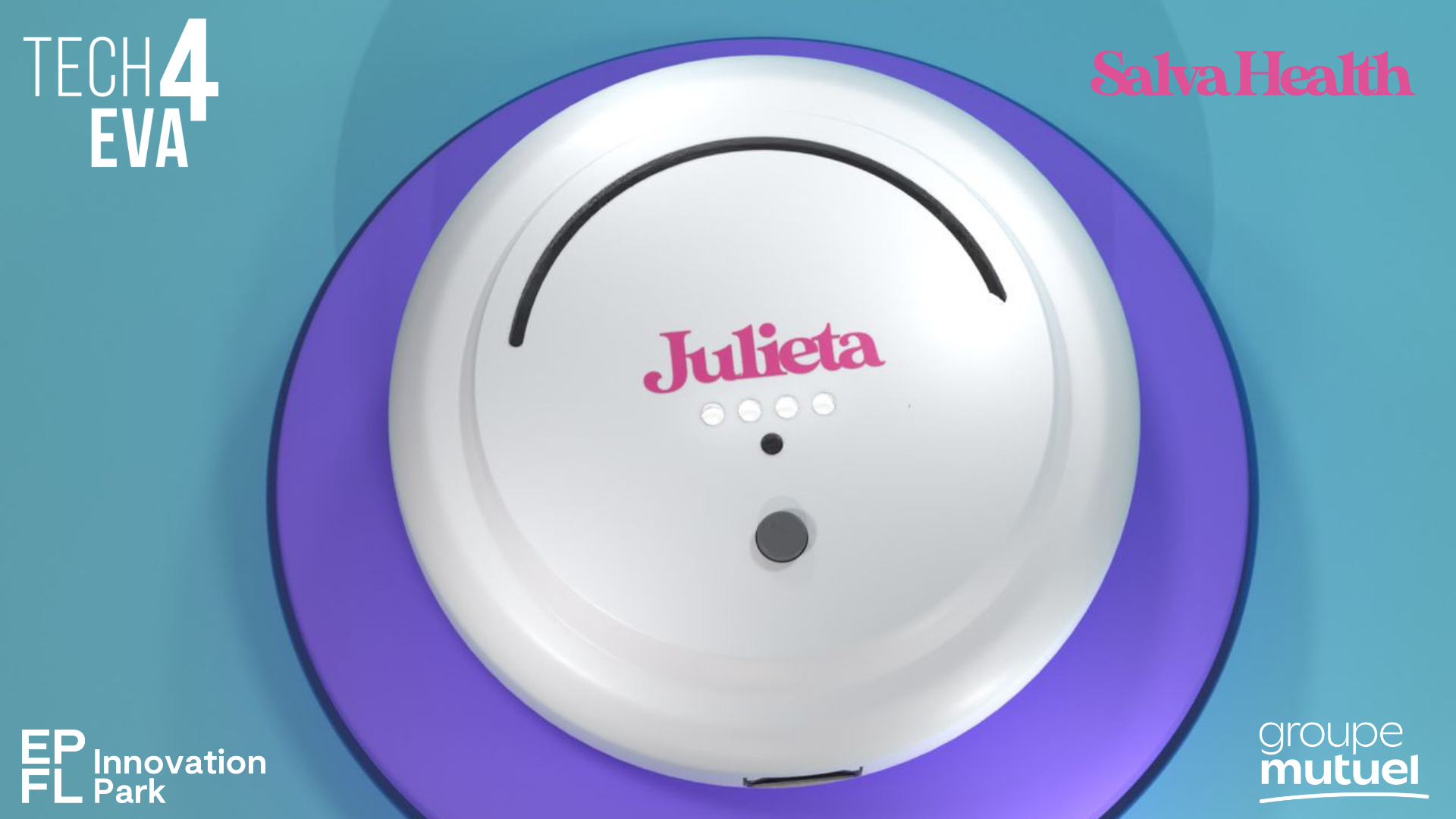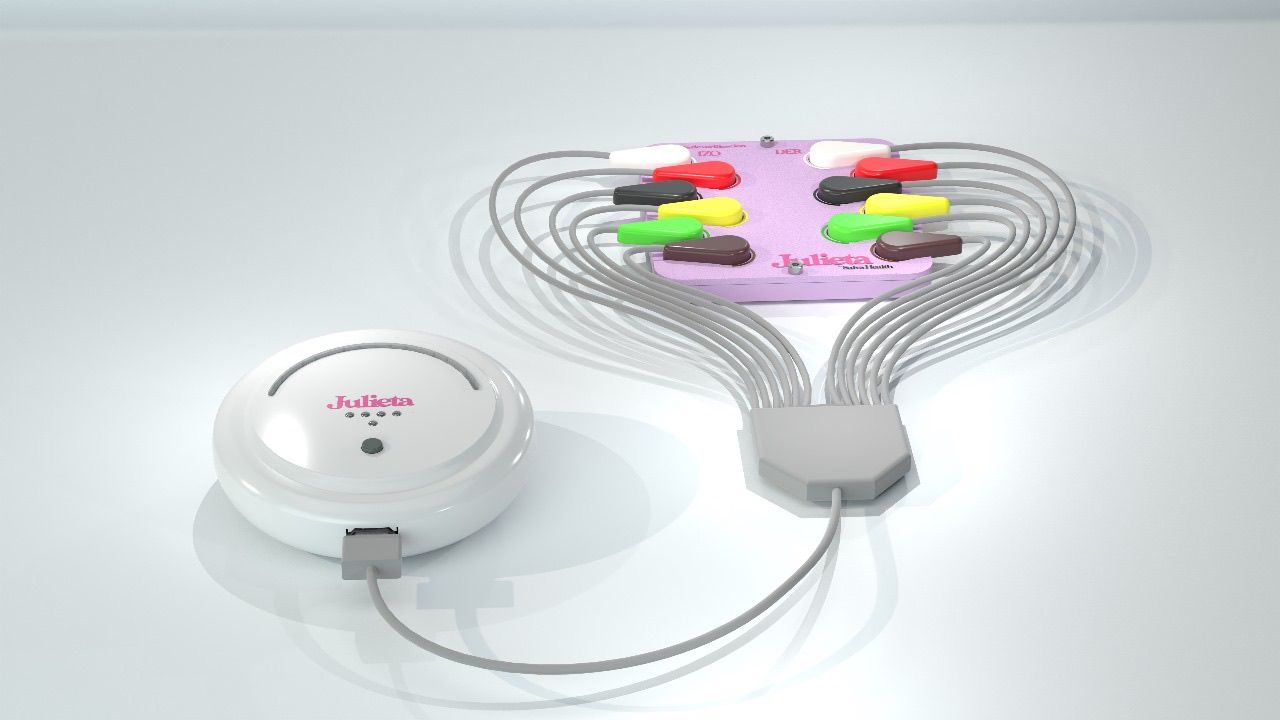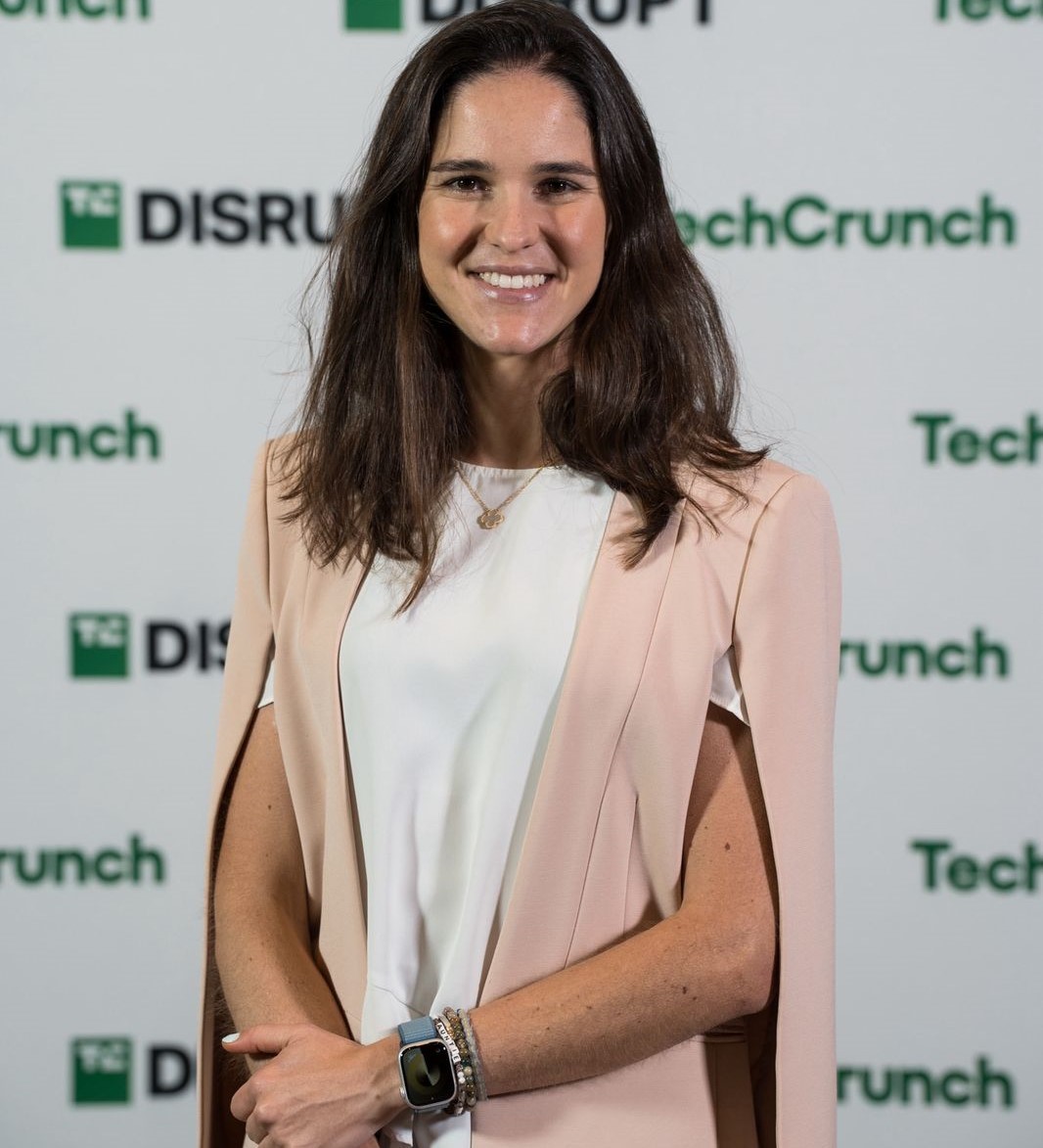
Early Breast Cancer Diagnostics: Inside Salva Health’s Innovation
Empowering early detection with AI and IoT to bring equitable care to underserved women across Latin America
Every year, thousands of women in Latin America die from breast cancer, and the diagnosis comes too late. Determined to change that, Salva Health is tackling the issue at its root: by making early detection accessible, affordable, and reliable for all women, regardless of geography or income.
Inspired by a Need, Fueled by Innovation
"I come from a background in business administration and recently completed my MBA at INSEAD, where I focused on social impact and entrepreneurship," Valentina Agudelo, Founder and CEO of Salva Health, shares. "I started Salva Health because I saw a significant unmet need in Latin America’s healthcare systems, particularly in early disease detection. Breast cancer continues to have high mortality rates due to late diagnosis."
That insight led to the creation of Julieta—a portable, painless, non-invasive, and radiation-free breast cancer screening device powered by IoT and AI. The device captures biometric signals in a quick scan and identifies abnormalities using proprietary algorithms. It does not require specialized medical staff or internet connectivity, making it uniquely suited for deployment in remote areas.
"We wanted to combine technological innovation with tangible social impact—saving lives by making healthcare more accessible and efficient." Says Valentina.
A Scalable Solution for Emerging Markets
Salva Health is initially targeting markets in Latin America where infrastructure gaps are most critical. The company is currently expanding in Colombia, where it co-developed and clinically validated Julieta with local insurers such as Suramericana. Pilot programs are underway, with plans to scale commercially based on the outcomes.
"Our solution offers a low-cost, scalable alternative to traditional screening exams," Valentina explains. "It aligns the incentives of payers and providers through a Hardware-as-a-Service business model that improves efficiency in early detection pathways."
Interest in Julieta has quickly grown beyond Colombia. The team is actively exploring opportunities in Mexico, Peru, Argentina, Venezuela, and Nigeria—regions where governments and healthcare entities are searching for accessible and reliable screening technologies.

Overcoming Barriers to Innovation in Healthtech
Bringing a novel medical device to market is never easy. In Salva Health’s case, the biggest hurdles were building trust in a conservative industry and navigating regulatory complexity.
One of the main challenges in the healthcare industry, particularly in early detection technologies, is the resistance to adopting new tools among medical professionals and institutions. Salva Health addressed this by clinically validating Julieta with over 2,500 patients in Colombia, generating strong scientific evidence to build trust among stakeholders. Strategic partnerships with key players such as Suramericana and the National Cancer League of Colombia further reinforced the company's credibility and supported successful implementation.
Julieta’s user-friendly design also proved critical. Its portability and ease of use meant it could be deployed even in regions with no connectivity or imaging infrastructure. "We actively engaged in education and awareness efforts with both communities and medical staff, explaining the benefits of using artificial intelligence to support early diagnosis," Valentina adds.
From Local Pilots to Global Recognition
Salva Health’s impact is already being felt. Over 1,000 women in underserved regions have been screened using Julieta so far this year. In one campaign with the Colombian Air Force in La Guajira—one of the country’s most remote regions—60 women were screened over two days under extreme conditions, without internet connectivity.
"Beyond the clinical outcomes, the experience had a profound cultural impact: many women underwent a breast screening for the first time, overcoming long-standing social barriers and stigma."
Julieta has received regulatory approval from Colombia’s INVIMA agency, allowing it to be scaled within the national healthcare system. The company has also partnered with 17 healthcare institutions across five cities to run clinical studies and is preparing to launch new collaborations with Fundación Santa Fe de Bogotá and CTIC.
Their work has not gone unnoticed. Salva Health has earned recognition from global organizations, including TechCrunch, Johnson & Johnson, the NTT Data Foundation, and the UHF Prize by The Bicester Collection. It has also completed both pre-seed and seed funding rounds with support from angel investors and mission-driven VC funds.
The Future of Diagnostics is Portable, Predictive, and Inclusive
Looking ahead, Salva Health sees a shift in healthcare toward decentralization and personalization. Technologies like Julieta are at the forefront of this evolution.
Over the next five years, Salva Health expects the consolidation of AI in clinical decision-making and the rise of portable diagnostic tools that reach communities outside of hospitals. There will also be more focus on risk-based preventive care and greater interoperability of health data.
Most importantly, Valentina says, innovation must be inclusive: "Solutions must be designed specifically for low-resource settings to close healthcare access gaps in Latin America, Africa, and beyond."
About Valentina Agudelo Vargas

Valentina Agudelo Vargas is a healthtech entrepreneur and innovator with notable experience in product development, start-up growth, and strategic partnerships. She holds an MBA from INSEAD, where she was a finalist in the Miint Turner social impact investment competition and was actively involved in entrepreneurship and Latin American student clubs. She previously earned a degree in Business Administration from CESA in Bogotá, including an academic exchange at Zeppelin University in Germany.
She has held key roles in other start-ups, such as Dondoctor SAS, where she led regional expansions and strategic alliances, and at PepsiCo, where she worked on business transformation projects in the Andean region. She also served as a Board Member Apprentice at Grupo AR, a Colombian real estate business group, and is trilingual (Spanish, English, and French), holds Colombian, American, and Spanish nationalities, and pursues diverse personal interests such as professional magic, rock climbing, and equestrian show jumping.
A Word to Future Founders
Salva Health motto is never losing sight of the human impact behind every innovation. “This is a highly regulated field with complex technical and ethical challenges, but also one of the few industries where each advancement can literally save lives. Combine scientific rigor with empathy. Surround yourself with a multidisciplinary team. And most of all, be willing to learn from within the system." Valentina states.
The Role of Tech4Eva in Scaling Impact
“Tech4Eva represents a key opportunity to accelerate our growth as a women’s health startup. We expect the program to support the validation of our business model, strengthen our regulatory strategy, and open commercial opportunities through access to international experts and strategic partners. Beyond visibility, we see it as a platform to refine our go-to-market approach and connect with a global community committed to transforming access to healthcare for women. It is a space where innovation aligns with purpose and impact,” says Valentina.
More info: https://www.salvahealth.co/
